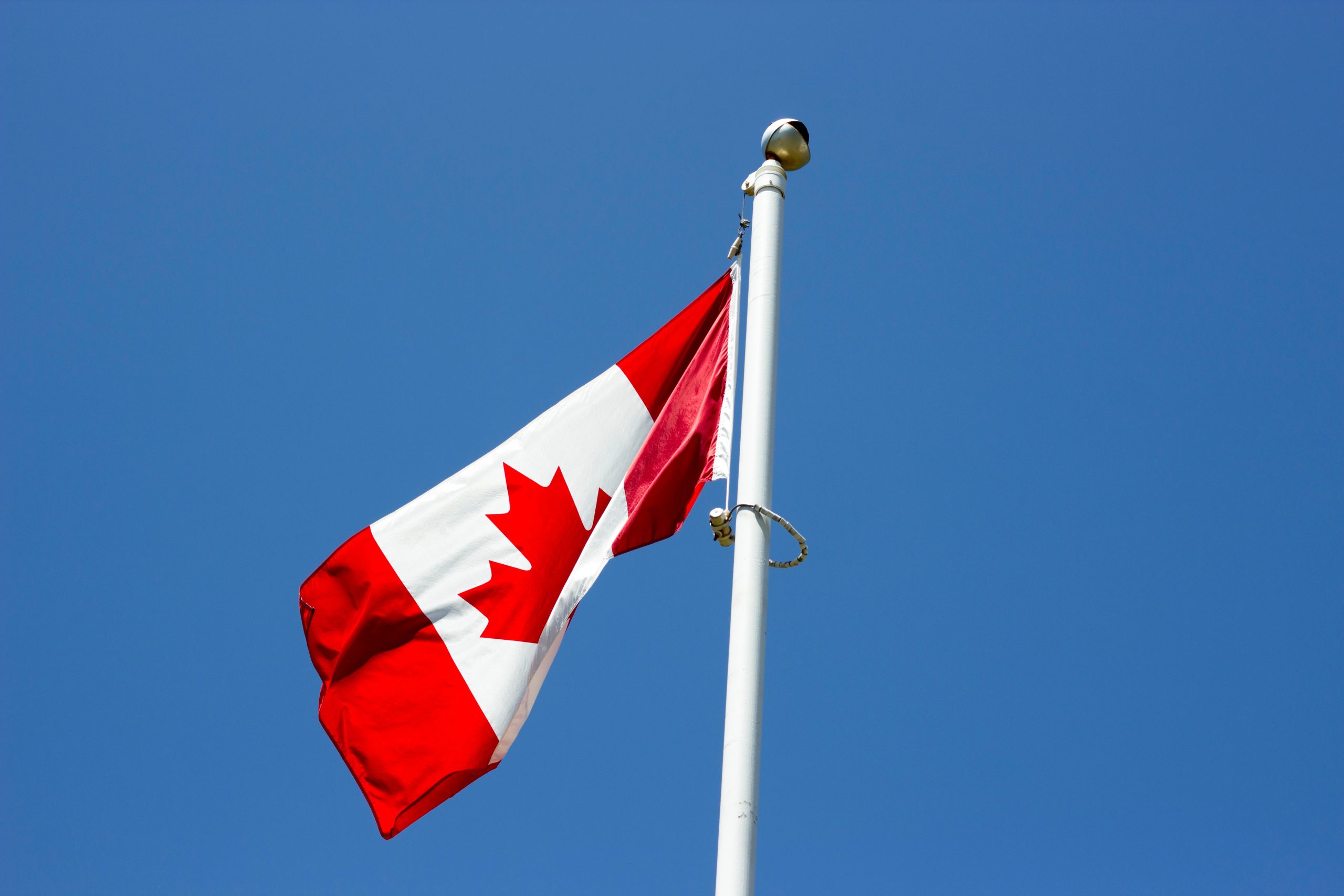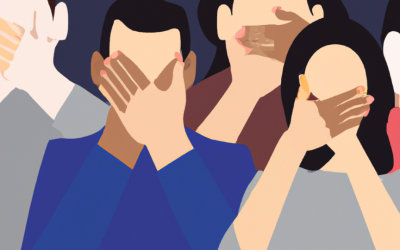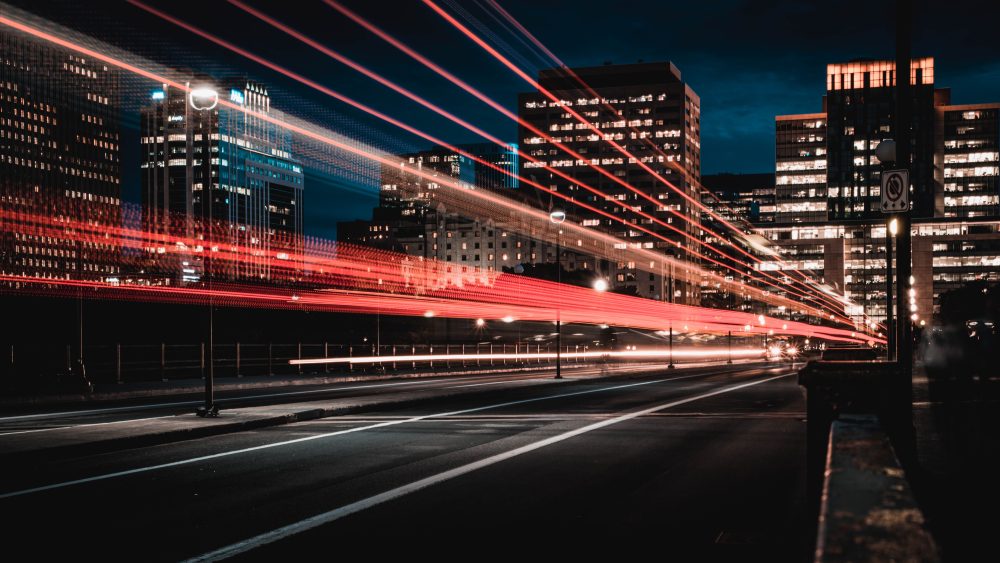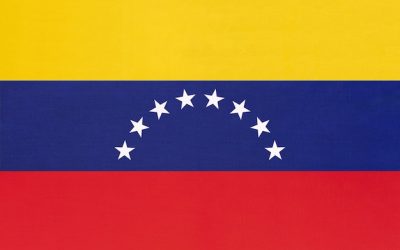Over the past two years, Canadians have been treated to a seismic shift in their relation to the Canadian flag. Known as “the Maple Leaf flag,” since its adoption by the House of Commons in 1965, the Canadian flag has become our predominant and most recognizable national symbol. During the Vietnam War, for example, young Canadian travelers would affix the Maple Leaf flag on their backpacks in order not to be mistaken for Americans. Some Americans did the same thing.
But, the universal esteem Canadians held for their national flag slammed into reverse in 2021.
On May 26, an alarming news story emerged as the Tk’emlups te Secwepemc First Nation contended that a “ground-penetrating radar search…revealed at least 200 suspected graves had been discovered” in the yard of the Kamloops Indian Residential School in British Columbia.
Canada had recently grappled with the legacy of its Indian Residential School (IRS) system through the Truth and Reconciliation Commission (TRC) six years of hearings between 2008 and 2015. The TRC documented the history and lasting legacy of these residential schools on Indigenous students and their families.
In fact, the TRC Report said that the impact of the IRS schools on Indigenous students and communities amounted to “cultural genocide.” The TRC Report stopped just short of concluding there was “genocide.” The subtle distinction between cultural genocide and genocide seems to have been largely lost on most Canadians.
Hymie Rubenstein, a retired professor of anthropology and Rodney Clifton, former residential school employee in the 1960s, authored an op-editorial questioning the truthfulness of the Report. While acknowledging that harm was done, they concluded that the report told “a skewed and partial story”;\ obscuring positive stories coming out of these schools. Thus, the Report lacked proper perspective and framing. But their dissenting voices were buried by an avalanche of outraged responses from around the world.
Eight years later, after reports of the graves at Kamloops, the Trudeau government lowered the Canadian flag to half-mast for over five months. Fortunately, the flag was raised after Remembrance Day. The long sojourn at half-mast for the Canadian flag introduces important questions: When should the Canadian flag be raised? When should the flag be raised again? And for how long should it be lowered?
A year after reports of suspected mass graves, Terry Glavin in the National Post reported, “not a single mass grave was discovered in Canada last year. The several sites of unmarked graves that captured international headlines were either already-known cemeteries, or they remain sites of speculation even now, unverified as genuine grave sites. Not a single child among the 3,201 children on the Truth and Reconciliation Commission’s 2015 registry of residential school deaths was located in any of these places. In none of these places were any human remains unearthed.”
All Canadians, rightly alarmed at these news stories, deserve to know how solid are these allegations? Skepticism about the veracity of these claims is growing in Canada and internationally. Are Canadians to properly understand that Canada is a genocidal nation? Should Canada be know internationally as a genocidal nation?
If so, what right do we have to pass motions in Parliament accusing the Chinese government of carrying out a campaign of genocide against its Uighurs and Turkic Muslims?
In late May 2023, former Newfoundland and Labrador premier, Brian Peckford, expressed concern that the Canadian government is eroding its sovereignty. The plight of the Canadian flag is a symbol of this erosion, Peckford emphasized, “We need to have a common heritage and geography, history and a culture, to bring together into one country, and that that country should be sacrosanct. Otherwise, the country breaks down because you don’t know who you are anymore.”
This June, Prime Minister Justin Trudeau replaced the Canadian flags outside the Prime Minister’s office with the Pride flag. He seems to be suggesting the pride flag is equal to the Canadian flag. In fact, the government is recognizing June to September 2023 as “Pride Season.”
Will there be a “Canada Season” with the Canadian flag flying proudly?
In Vancouver, the fireworks celebration has been cancelled for 2023. Celebrations will shift from “Canada Day” to “Canada Together.”
Canadian veterans fought in past wars to defend democracy, freedom, and pride in Canada.
According to polls, our nation has endured a season of divisiveness during the pandemic. In these times, the unifying symbol of the Maple Leaf and the celebrations of Canada Day are crucial. Our national flag is not meant to be interchangeable with other flags. The government has a responsibility to remind us why we should stand on guard for Canada, the flag, and for each other.
Ray McGinnis is a senior fellow at Frontier Centre for Public Policy, and author of Unanswered Questions and Writing the Sacred. Earlier in his career, Ray was a program staff in education for the United Church of Canada, serving in several congregations, as well as at the denominations national office (1986-95). He attended the Commission hearings in mid-November, and lives in Vancouver.



